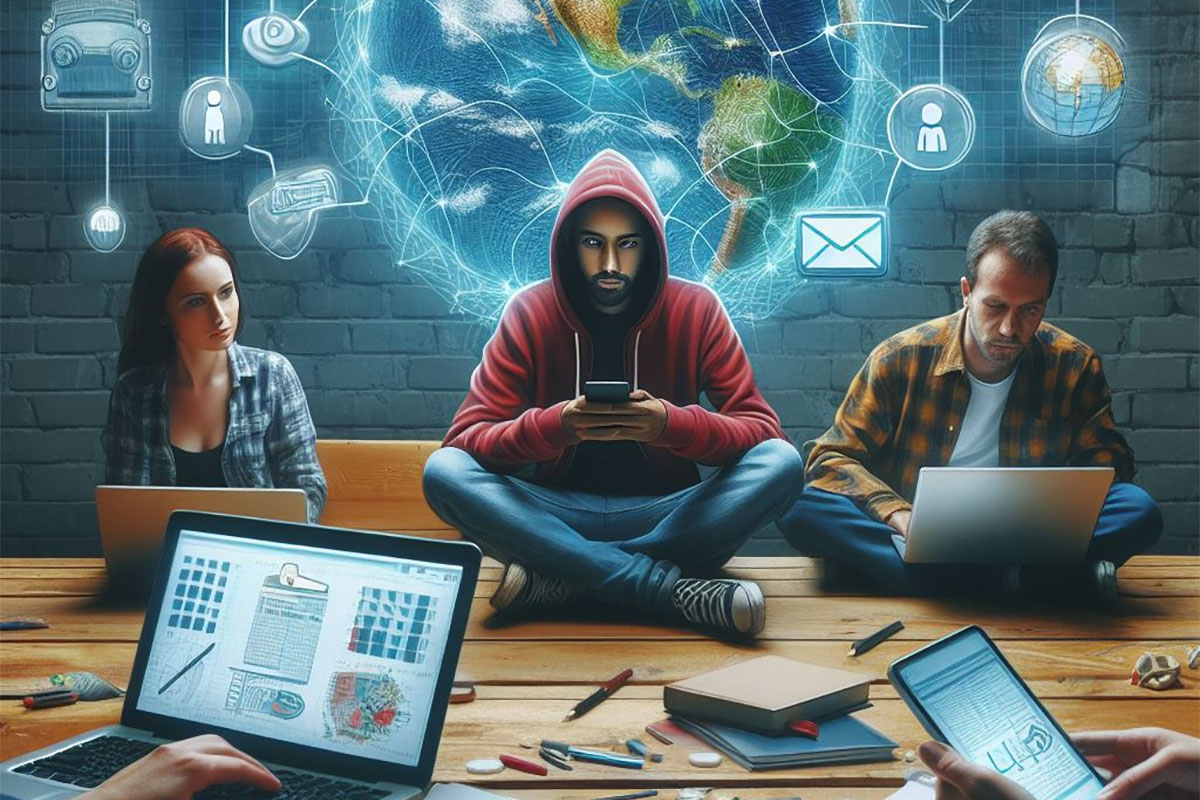In the context of the war waged against us by Putin’s Russia, the ability to think critically and recognize disinformation becomes a weapon in the hands of every citizen.
Today’s Russian war is not limited to military operations. Along with tanks and missiles, the enemy is actively using information technology to achieve its strategic goals. Disinformation, propaganda, fake news, and manipulation of public opinion are all tools of hybrid warfare aimed at undermining national unity, eroding trust in state institutions, spreading panic, and demoralizing society.
In this context, media literacy is no longer just a useful skill and is becoming a vital element of national resilience. The ability of citizens to independently analyze information, distinguish reliable sources from hostile propaganda channels, and recognize manipulative techniques is the first line of defense on the information front.
Why is critical thinking our main weapon?
- Protection against disinformation: A critical thinker does not swallow mindlessly any information that comes to his or her attention. They question loud headlines, check sources, compare different points of view, analyze facts and arguments. This makes them less vulnerable to hostile propaganda and fake news aimed at sowing discord and distrust.
- Preservation of national unity: The aggressor seeks to split Ukrainian society using historical myths, language issues, social and political differences. Media-literate citizens are able to distinguish objective analysis from deliberate provocations, do not succumb to manipulations aimed at inciting hatred, and maintain unity in confronting the external threat.
- Increase trust in state institutions: Disinformation campaigns are often aimed at undermining trust in the army, government, law enforcement, and volunteers – all those who stand in defense of the country. Media-literate citizens are able to distinguish between valid criticism and paid-for information attacks, support those who work for the good of the state, and avoid provocations aimed at destabilizing the situation.
- Conscious choice and active citizenship: In the context of information warfare, it is especially important to maintain the ability to think independently and make informed decisions. Media-literate citizens are not passive consumers of information; they actively seek the truth, analyze political processes, participate in public life, and make their own choices without succumbing to externally imposed scenarios.
- Strengthening information sovereignty: When a significant part of the country’s population has media literacy skills, it makes it much more difficult for the aggressor to spread its propaganda and manipulate public opinion without hindrance. The critical thinking of citizens becomes a kind of filter that protects the country’s information space from hostile influence and helps strengthen its information sovereignty.
Educating media literacy is an investment in the future
Realizing the importance of media literacy for national security, it is necessary to actively implement its principles at all levels – from school education to programs for the adult population. The development of critical thinking, teaching methods of information verification, and familiarization with the basics of information security should become a priority for the state and civil society.
By developing our own media literacy, we become stronger and more resilient to enemy information attacks. Critical thinking is not just a useful skill, it is our weapon that helps us defend the truth, preserve unity and defeat the aggressor on the information front.


Leave a Reply